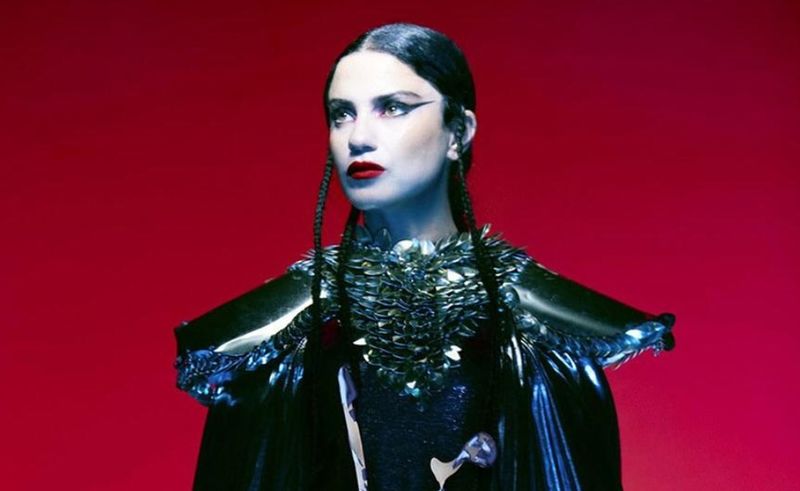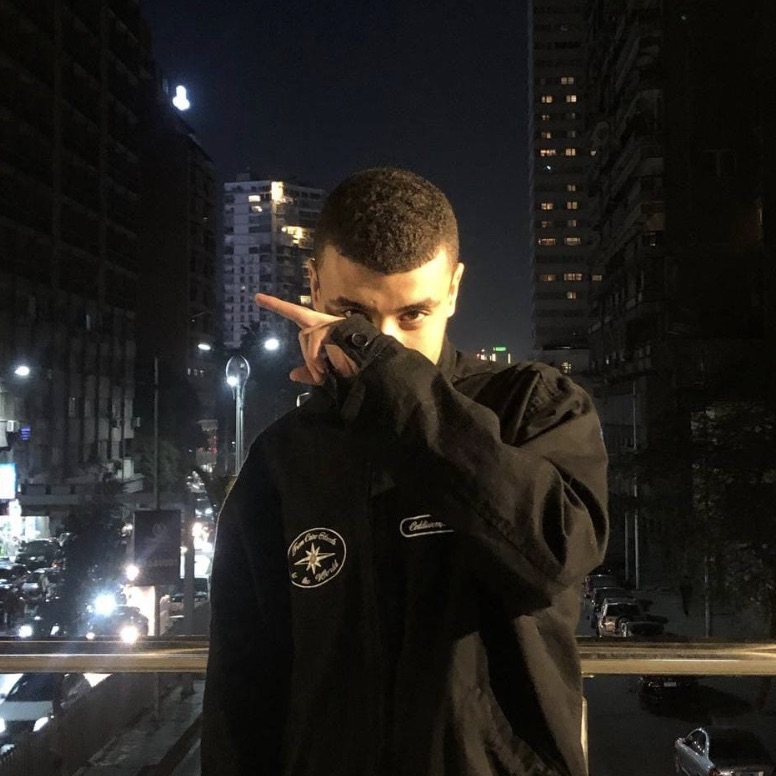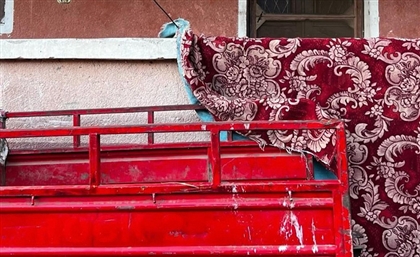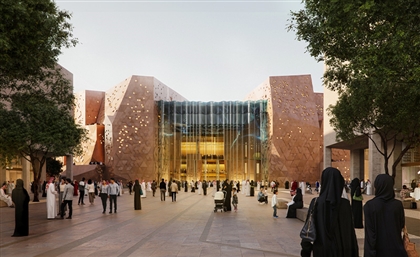Emel Mathlouthi's ‘MRA’: A Rallying Cry for Female Empowerment
‘MRA’ breaks ground as an all-female creation, featuring a team of artists, engineers, and technicians working together to challenge the male-dominated music industry.

Emel Mathlouthi is a force to be reckoned with in the Arab music scene. An artist who has always pushed boundaries, broken new ground, and used her voice for change, the Tunisian-born and now New York-based Mathlouthi doesn’t want to be perceived as an exotic North African. She presents herself unapologetically and authentically through her art, visual appearance, and striking stage presence.
Comparisons to the likes of Kate Bush and Björk are understandable, and their influence can be felt. However, Emel has carved out a unique identity that is entirely her own. Since her early beginnings fronting a metal band in Tunis, the capital of Tunisia, she has challenged authority and critiqued the Tunisian government. This eventually led her to move to France in 2008. Her track ‘Kelmti Horra’ (‘My Word is Free’) propelled her to become an impactful voice during the Arab Spring.
Her new album, ‘MRA’ (meaning "woman" in Arabic), breaks ground as an all-female creation, featuring a team of artists, engineers, and technicians working together to challenge the male-dominated music industry.
‘MRA’ is a sonic exploration that incorporates various sonic elements and delves into a wide array of genres, all while maintaining a cohesive narrative, both sonically and lyrically. Emel's decision to embark on this path was no easy feat. From the album opener ‘Massive Will’, thrilling African rhythms initiate the atmosphere, and set the tone for the record before morphing into a predominantly electronic soundscape. The distant shouts and metallic guitar riffs towards the end add a surprising layer of intensity, showcasing ‘Massive Will’ as a mature and multifaceted statement of self-affirmation and independence.
The album boasts a multilingual and multi-stylistic approach. ‘Nar’ features a purely electronic production with hip-hop ad-libs from Ami Yerewolo, while ‘L'amour’ dives into an ambient soundscape before transitioning to French, Arabic, and English rapping by Mathlouthi herself. The eerie, haunting production in ‘L'amour’ is punctuated by thought-provoking questions (asking “Will time mock us?" in Arabic) before building into an exhilarating climax.
In ‘Souty’, Mathlouthi brings a reminiscent touch, channeling the raw power of her earlier work like ‘Kelmti Horra’. A calming piano melody lays the foundation for a powerful vocal performance, accented by heavenly backing vocals. The track's second half takes center stage with Eastern instrumentation, featuring soul-stirring strings and reverb-drenched vocals. Emel's lyrics (in which she sings “My voice has no limits, my voice has no end” in Arabic) resonate through the ambient, grand, and breathtakingly beautiful production.
Lyrically, the album delves into themes of self-discovery, unity, and challenging the status quo. Songs like ‘Pride’ and ‘IDHA’ deliver messages of self-belief and overcoming challenges, using her influence for change. The powerful metaphors throughout the album depict breaking free from societal limitations.
‘MRA’ showcases Mathlouthi's versatility and artistic growth. The electrifying blend of genres and production styles creates a dynamic listening experience that perfectly complements the album's message of female empowerment.
- Previous Article Prices of Philip Morris Cigarettes Increased by EGP 5
- Next Article Newly Announced Airline Will Connect Saudi Arabia with Africa
Trending This Week
-
May 01, 2024
























